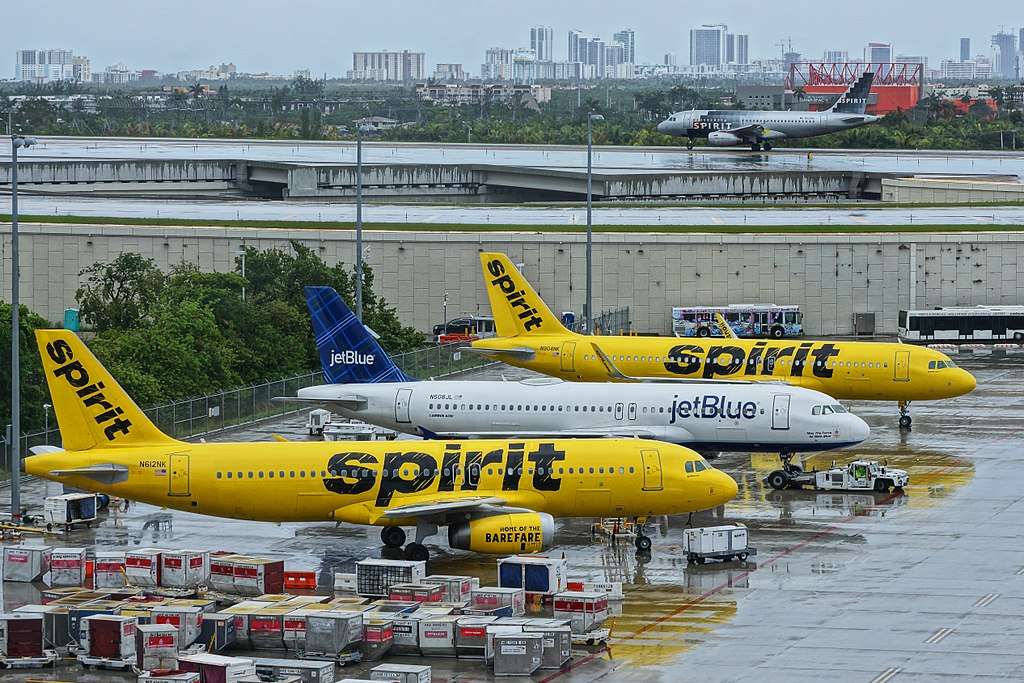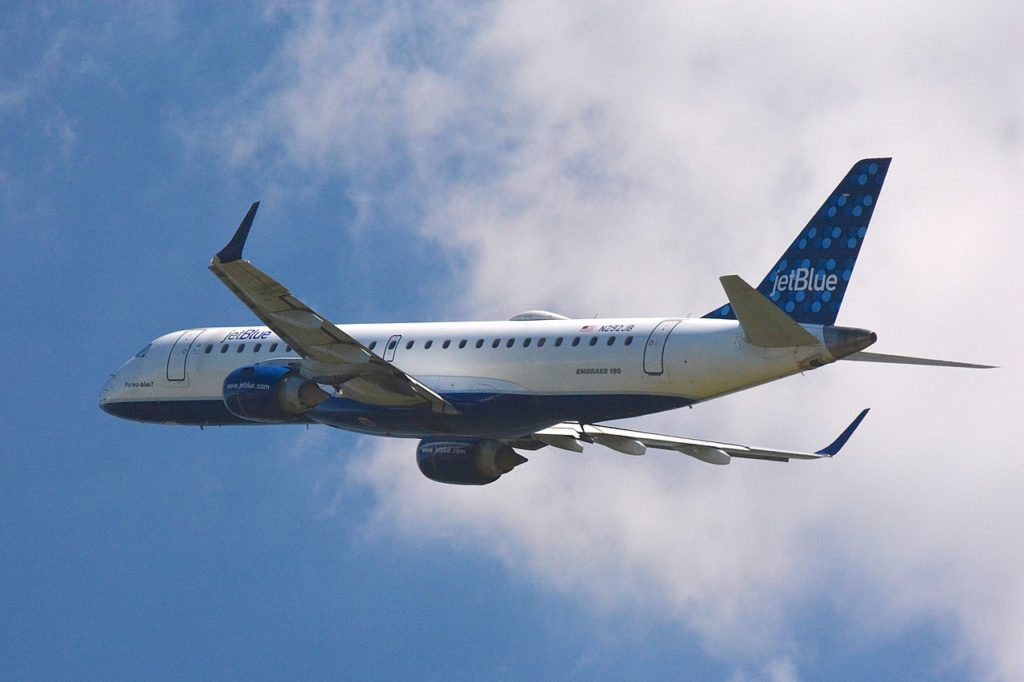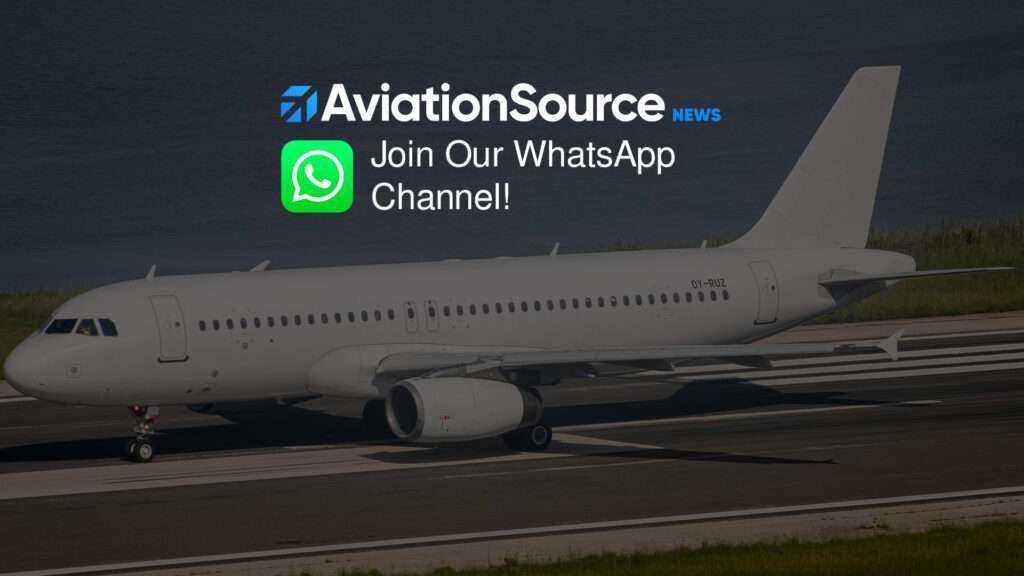The recent cancellation of the $3.8 billion merger deal between JetBlue Airways and Spirit Airlines has been met with mixed reactions in the airline industry. The high-profile deal was blocked by the U.S. Department of Justice (DOJ) over anticompetitive concerns.
Expert opinion on the results was always divided. Some experts expected it to be blocked, while others believed it could pass with certain concessions.
Nevertheless, the decision raises serious questions about the future of airline consolidation, the impact on consumers, and the broader state of the air travel sector.
Reduced competition: cause for concern
The main concern about this merger was that it would reduce competition. Combining JetBlue and Spirit, the No. 5 and No. 8 airlines in the U.S., respectively, would have created a formidable competitor.
This can lead to confusion and impact fare prices and flight options on certain routes. The Justice Department argued that the merger would significantly reduce competition. This is especially true on popular routes served by both airlines.
This could lead to higher fares, fewer flight options, and ultimately make airlines less competitive for consumers.

Consolidation: a continuing trend
Although the JetBlue-Spirit merger failed, the desire for consolidation within the airline industry is likely to continue.
Airlines face numerous challenges, including rising fuel costs, labor shortages, and intense competition from low-cost carriers.
Mergers with competitors offer airlines a potential avenue to improve operational efficiency, reduce costs, and strengthen their market presence.
But the JetBlue-Spirit deal failure set a precedent for how antitrust regulators will evaluate future airline mergers.
This could make it more difficult to approve similar transactions and could slow the pace of consolidation in the industry.
Uncertainty for airlines and travelers
The cancellation of the merger creates uncertainty for both airlines and travelers. Airlines may need to adjust their growth plans and strategies in response to this development.
This could include focusing on organic growth by expanding routes, modernizing fleets, and improving customer service.
Travelers, on the other hand, may have limited options and the potential for higher fares in the long run. With fewer participants in the market, airlines may have more room to raise prices, especially on routes with limited competition.
While the immediate impact may be minimal, the long-term impact of reduced competition remains a concern for consumers.


Increased oversight and changes in strategy
The JetBlue Spirit precedent highlights the increased scrutiny airlines face regarding mergers and acquisitions.
This is likely to be a deterrent for airlines considering engaging in the typically long and expensive merger process in the future.
This could lead to a more cautious approach for airlines, prompting them to explore alternative growth strategies. Alternatives include partnering with other carriers or investing in niche markets.
Additionally, airlines may focus on improving operational efficiency and customer service to differentiate themselves in a competitive environment.

Mainline Advantage: JetBlue and Spirit Concerns
Industry analysts had expressed concerns from the beginning about the merger, particularly about joint control of low-cost carriers (LCCs) on key routes.
Data from OAG, a leading aviation data provider, reveals specific issues that will ultimately shake up regulators. These statistics highlight the important focus industry leaders place on dominating specific routes, not just overall market share.
- Together, JetBlue and Spirit will control a whopping 20% of capacity in both major air travel hubs, Florida and New York.
- In New York, the combined company would have faced only one major competitor, Delta Air Lines, with 27% of the market share. In Florida, American Airlines remains the top competitor (29%), but the situation is even more concerning at certain airports.
- JetBlue Spirit now controlled nearly 40% of capacity at New York John F. Kennedy Airport and more than 50% at Fort Lauderdale/Hollywood International Airport.
These numbers indicate the potential for less competition and higher prices on certain lines, and ultimately formed the basis for the Justice Department's decision to block the merger.
Looking forward to: complex landscapes
The cancellation of the JetBlue and Spirit merger represents a complex and evolving situation for the airline industry.
While the immediate effects may not be immediately obvious, the long-term effects on competition, freight rates, and consumer choice are significant.
As the industry grapples with these challenges, regulators, airlines and travelers alike will be watching closely to see how the air travel sector develops in the coming years.

Did you know that AviationSource has two newsletters? One that covers general news and analysis from across the industry and one that pertains to emergencies that occur throughout the year. Click here to subscribe to our general newsletter!
Click here to subscribe to our emergency, accident and incident newsletter!

Click on the photo to join our WhatsApp channel and stay updated with everything happening in aviation.


